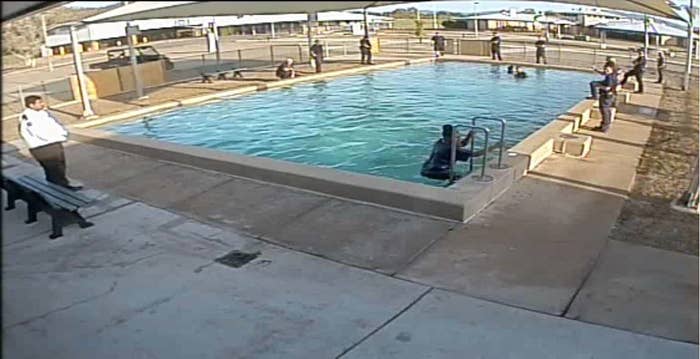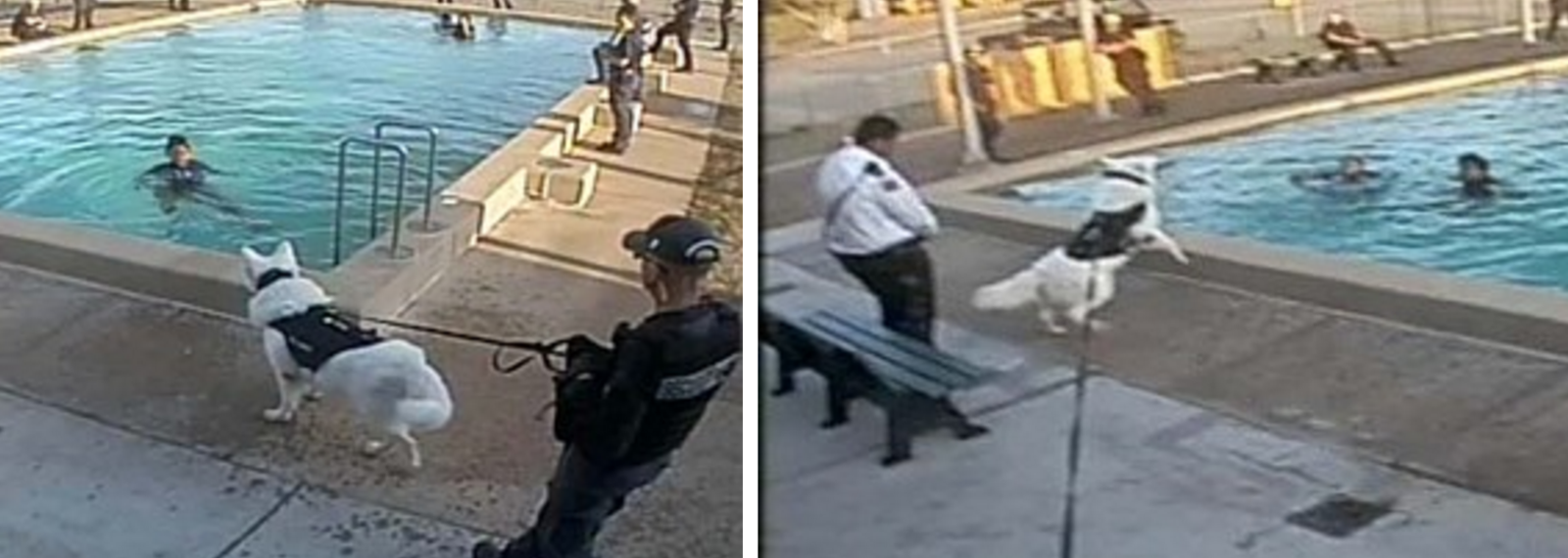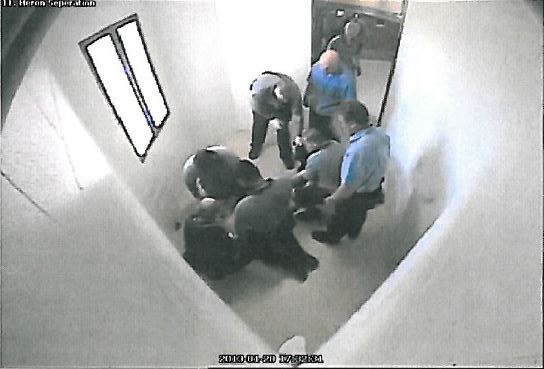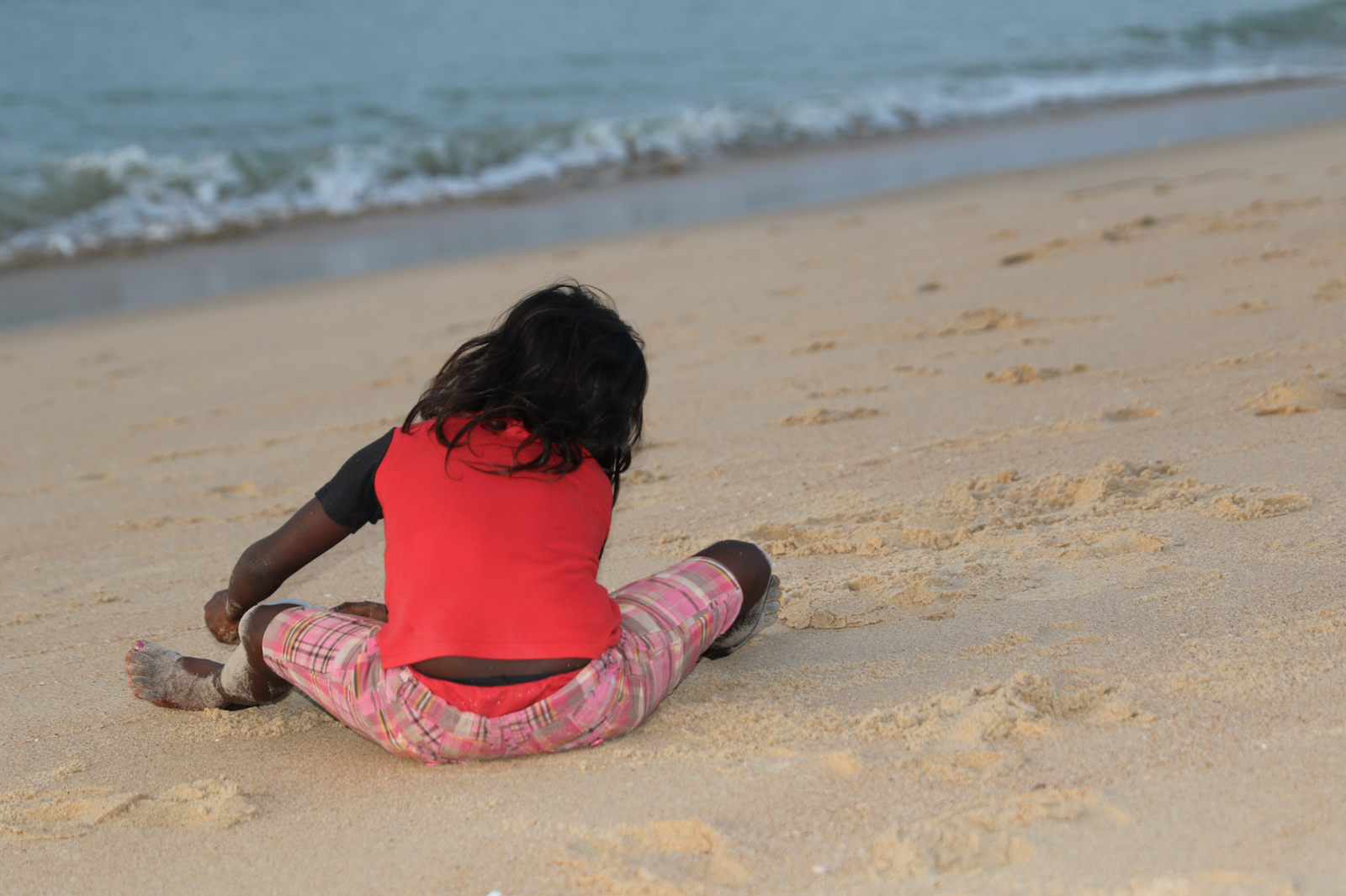A damning report by human rights organisation Amnesty International on the Queensland juvenile justice system has found the state leads the country in locking up very young Aboriginal and Torres Strait Islander children between the ages of 10 and 11 years old.

“Decades of harsh policies have seen too many kids, especially Indigenous kids, trapped in the criminal justice system,” Claire Mallinson, national director of Amnesty International Australia, said.
The Head Held High report was released this week and comes after Amnesty released images of alleged abuse and mistreatment of detainees last month at Townsville’s Cleveland Youth Detention Centre and the Brisbane Youth Detention Centre between 2010 and 2015.
The images, taken from CCTV footage, show an Aboriginal girl being intimidated by an unmuzzled guard dog and a teen boy being restrained by several guards while his legs are shackled together after he threatened to commit suicide.

The report shows that Queensland leads the country in locking up 10 and 11 year olds and is the only state in Australia to lock up 17 year olds in adult prison.
Other key findings include:
- Indigenous girls are 33 times more likely to be in detention than their non-indigenous peers.
- Indigenous children in Queensland are 22 times more likely to be locked up than non-indigenous children
- Aboriginal and Torres Strait Islanders only make up 8% of the 10- to 17-year-old population in Queensland yet make up a staggering 65% of the youth detention population.
- Between 2014 and 2015 the three main offences by children that ended up in court were theft, unlawful entry and acts intended to cause harm.
- Several detainees suffered broken wrists after being forcibly detained.
The report also highlights incidents involving prolonged periods of solitary confinement.
"A disturbing incident in March 2012 involved eight Aboriginal children who were held for 'near-continuous cell confinement' [approximately 22 hours per day] in solitary confinement for 10 days. For the first two days, they were not allowed to leave their rooms at all," the report reads.

One of the more disturbing trends highlighted in the Head Held High report is the number of detainees who have attempted to commit suicide.
In 2014, there were 30 reported incidents of self-harm at the Cleveland Youth Detention Centre. Twenty of those incidents included attempts by young detainees to hang themselves by tying ligatures around their neck. That rose in 2015 to 31 children tying ligatures around their neck in an attempt to kill themselves.
Amnesty believes that the majority of these incidents involved Indigenous children given that in 2015, 89% of the Cleveland Youth Detention Centre population was Aboriginal and Torres Strait Islander.

Only two of the 16 organisations working with young people in the justice system are Indigenous-run. Amnesty has now called on the Queensland government to invest in more Indigenous-run programs.
“Queensland is fortunate to have many trailblazing Indigenous leaders. Their work connects kids to culture, keeps them out of detention and in their communities,” Mallinson said.
The high rates of Indigenous youth detention in Queensland are mirrored across the country. Nationally, Indigenous children between the ages of 10 and17 make up only 6% of the population, yet they make up more than half of the youth detention population.
Indigenous children are 24 times more likely to be incarcerated than their non-Indigenous peers.
